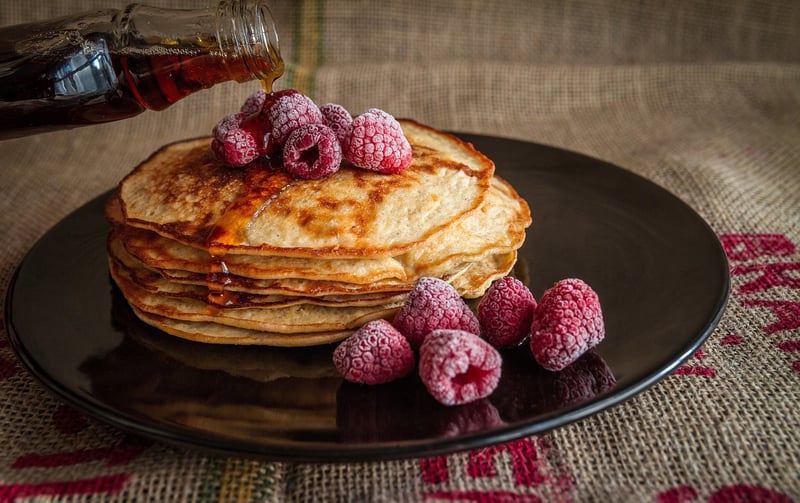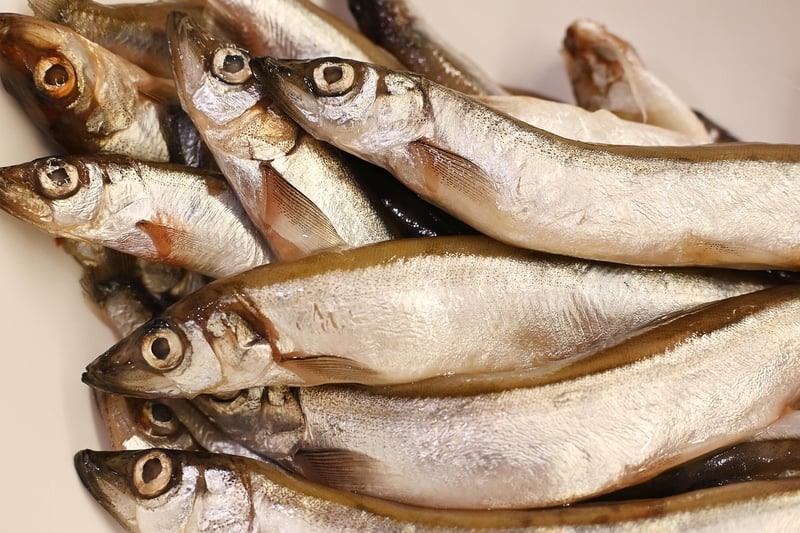Experimental Cooking
The Art of Experimental Cooking: Unleashing Unique and Imaginative Culinary Creations
Welcome to the world of experimental cooking, where boundaries are meant to be pushed, and culinary creativity knows no limits. If you're someone who enjoys venturing off the beaten path in the kitchen and exploring new flavor combinations, then experimental cooking is the perfect playground for your culinary adventures.
What is Experimental Cooking?
Experimental cooking is an approach to culinary arts that involves breaking away from traditional recipes and techniques to create innovative and unconventional dishes. It's about thinking outside the box, embracing your creativity, and fearlessly experimenting with ingredients, flavors, textures, and presentation.
Key Principles of Experimental Cooking:
- Freedom to Explore: Say goodbye to strict recipes and rules. In experimental cooking, you have the freedom to explore and improvise as you go along.
- Play with Flavors: Mix and match unexpected flavors to create unique taste profiles that surprise and delight your taste buds.
- Textures and Techniques: Experiment with different cooking techniques and textures to add layers of complexity to your dishes.
- Visual Presentation: Treat your plate as a canvas and let your imagination run wild with creative plating and presentation ideas.
Benefits of Experimental Cooking:
- Creative Outlet: Express your creativity and personality through your culinary creations.
- Personal Growth: Expand your culinary skills and knowledge by trying new ingredients and techniques.
- Sensory Experience: Engage all your senses with innovative flavor combinations, textures, and visual appeal.
- Fun and Excitement: Keep the excitement alive in the kitchen with the thrill of experimenting and discovering new favorite dishes.
Get Started with Experimental Cooking:
Ready to embark on your experimental cooking journey? Here are a few tips to help you get started:
- Start Small: Begin by experimenting with familiar ingredients before venturing into uncharted territory.
- Keep a Journal: Document your experiments, including ingredients used, techniques tried, and your thoughts on the final dish.
- Embrace Failure: Not every experiment will be a success, and that's okay. Learn from your failures and keep pushing forward.
- Seek Inspiration: Draw inspiration from cookbooks, food blogs, culinary shows, and even nature to fuel your creativity.
So, are you ready to unleash your inner culinary mad scientist and dive into the world of experimental cooking? Let your imagination guide you as you create one-of-a-kind dishes that are sure to impress and inspire!

Remember, the kitchen is your laboratory, and the ingredients are your tools. Experiment, explore, and above all, have fun on your culinary journey!
